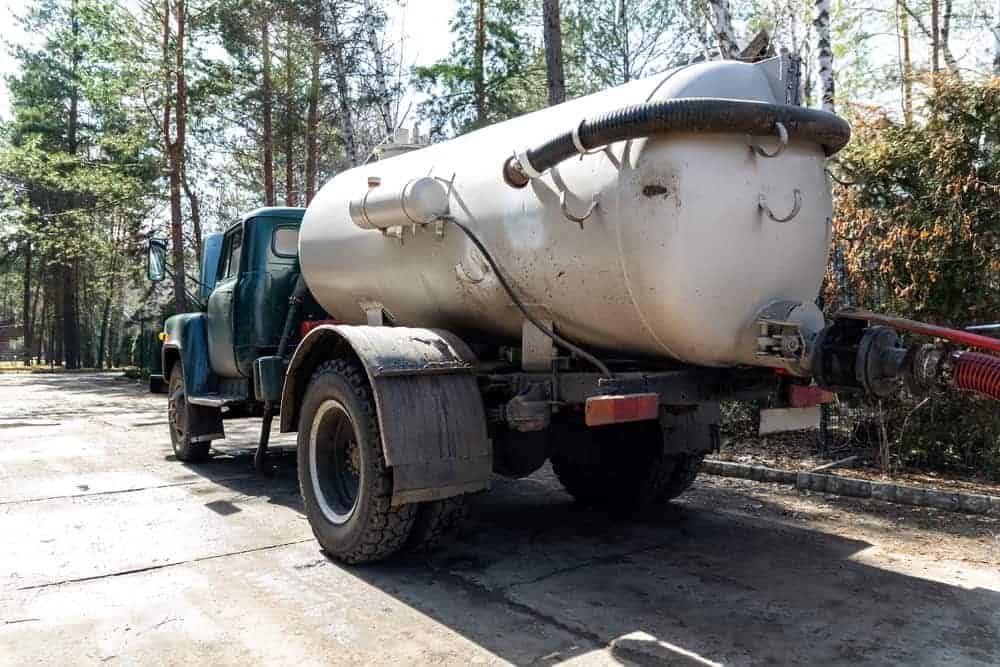Septic Tank Pumping in Levittown, NY.
My husband and I needed the pipe that connects our home to the town sewer line replaced. Other companies told us they would need to rip up the sidewalk, street, and our walkway which would have cost us thousands in additional work.
More About Us
Browse Cesspool Services
contact us
Septic Tank Pumping: A Step-by-Step Guide for Homeowners in Levittown, NY

Why Septic Tank Pumping is Essential in Levittown, NY
Living in Levittown, NY, it’s crucial for homeowners like us to understand the importance of septic tank pumping. At Antorino & Sons, regular pumping is key to maintaining a healthy septic system. Without it, you could face unpleasant odors or even environmental hazards. This is especially true in areas like Nassau County, where septic systems are common.
Our approach at Antorino & Sons is to prevent problems before they start. Septic tank pumping removes the build-up of solids in your tank, reducing the risk of blockages and backups. With our professional team, we ensure your system is cleaned thoroughly, maintaining its efficiency. We also inspect your septic tank during pumping, checking for potential issues that might need attention.
In Nassau County, we understand each septic system has its unique needs. That’s why our services are tailored to suit each system. By choosing regular maintenance with Antorino & Sons, homeowners in Levittown, NY can avoid costly repairs and ensure their septic system lasts longer. Regular care from professionals like us keeps your system working and protects your property and the environment.
Experienced Professionals:
Our team in Levittown, NY, is renowned for its expertise and professionalism in septic services.
Advanced Technology:
At Antorino & Sons, we use state-of-the-art equipment for accurate and efficient septic tank cleaning and unclogging.
Customer Satisfaction:
Our commitment to customer satisfaction in Nassau County is unmatched. Contact us at 631-250-6829 for reliable septic solutions.

The Role of Regular Septic Tank Cleaning
At Antorino & Sons, serving Levittown, NY, we’ve seen the consequences of neglected septic tanks. Regular septic tank cleaning is more than a suggestion—it’s essential. Homeowners in Nassau County can avoid many problems with frequent maintenance. It’s about keeping your system functioning well and reducing the risk of backups.
Our cleaning process involves assessing the level of solids in your tank. This helps us determine how often your tank needs cleaning. We use specialized tools to remove sludge and scum effectively. An unmaintained tank can harbor harmful bacteria and cause environmental issues. That’s why regular cleaning is so important.
Additionally, as a leading septic tank company in Levittown, NY, we focus on preventative care. We check your tank and pipes for potential issues during cleaning. This proactive approach helps you avoid expensive repairs later. It also ensures your system meets local health and safety standards. Count on 631-250-6829 for your septic tank cleaning needs in Nassau County. You’ll have peace of mind knowing your system is in good hands.

Effective Septic Tank Declogging in Levittown
Dealing with a clogged septic tank in Levittown, NY can be challenging. At Antorino & Sons, we’re experts in septic tank declogging. We start by assessing your system to find the cause of the clog, whether blockages or system issues.
Our team uses modern technology for the declogging process. We employ high-pressure water jets and other tools to remove blockages efficiently. This careful approach ensures your septic system is cleared without damage. Our expertise ensures the process is smooth and effective, minimizing disruption to your daily routine.
In Nassau County, septic system issues are common, but with 631-250-6829, you have a reliable partner. Our thorough process not only fixes current problems but also helps prevent future issues. Choosing Antorino & Sons for septic tank declogging means your system is in knowledgeable hands. We’re committed to keeping your septic system in top condition in Levittown, NY.
Have a question?
The building firm, Levitt & Sons, headed by Abraham Levitt and his two sons, William and Alfred, built four planned communities called “Levittown”, in New York, Pennsylvania, New Jersey, and Puerto Rico; the Levittown in New York was the first. Additionally, Levitt & Sons’ designs are featured prominently in the older portion of Buffalo Grove, Illinois; Vernon Hills, Illinois; Willingboro Township, New Jersey; the Belair section of Bowie, Maryland; and the Greenbriar section of Fairfax, Virginia.
The Levitt firm began before World War II, as a builder of custom homes in upper middle-class communities on Long Island. During the war, however, the home building industry languished under a general embargo on private use of scarce raw materials. William “Bill” Levitt served in the Navy in the Seabees – the service’s construction battalions – and developed expertise in the mass-produced building of military housing using uniform and interchangeable parts. He was insistent that a postwar building boom would require similar mass-produced housing, and was able to purchase options on large swaths of onion and potato fields in undeveloped sections of Long Island.
Returning to the firm after war’s end, Bill Levitt persuaded his father and brother to embrace the utilitarian system of construction he had learned in the Navy. With his brother, Alfred, who was an architect, he designed a small one-floor house with an unfinished “expansion attic” that could be rapidly constructed and as rapidly rented to returning GIs and their young families. Levitt & Sons built the community with an eye towards speed, efficiency, and cost-effective construction; these methods led to a production rate of 30 houses a day by July 1948.They used pre-cut lumber and nails shipped from their own factories in Blue Lake, California, and built on concrete slabs, as they had done in a previous planned community in Norfolk, Virginia. This necessitated negotiating a change in the building code, which prior to the building of this community, did not permit concrete slabs. Given the urgent need for housing in the region, the town agreed. Levitt & Sons also controversially utilized non-union contractors in the project, a move which provoked picket lines. On the other hand, they paid their workers very well and offered all kinds of incentives that allowed them to earn extra money, so that they often could earn twice as much a week as elsewhere. The company also cut out middlemen and purchased many items, including lumber and televisions, directly from manufacturers. The building of every house was reduced to 26 steps, with sub-contractors responsible for each step. His mass production of thousands of houses at virtually the same time allowed Levitt to sell them, with kitchens fully stocked with modern appliances, and a television in the living room, for as little as $8,000 each (equal to $92,721 today), which, with the G.I. Bill and federal housing subsidies, reduced the up-front cost of a house to many buyers to around $400 (equal to $4,636 today).
Learn more about Levittown.